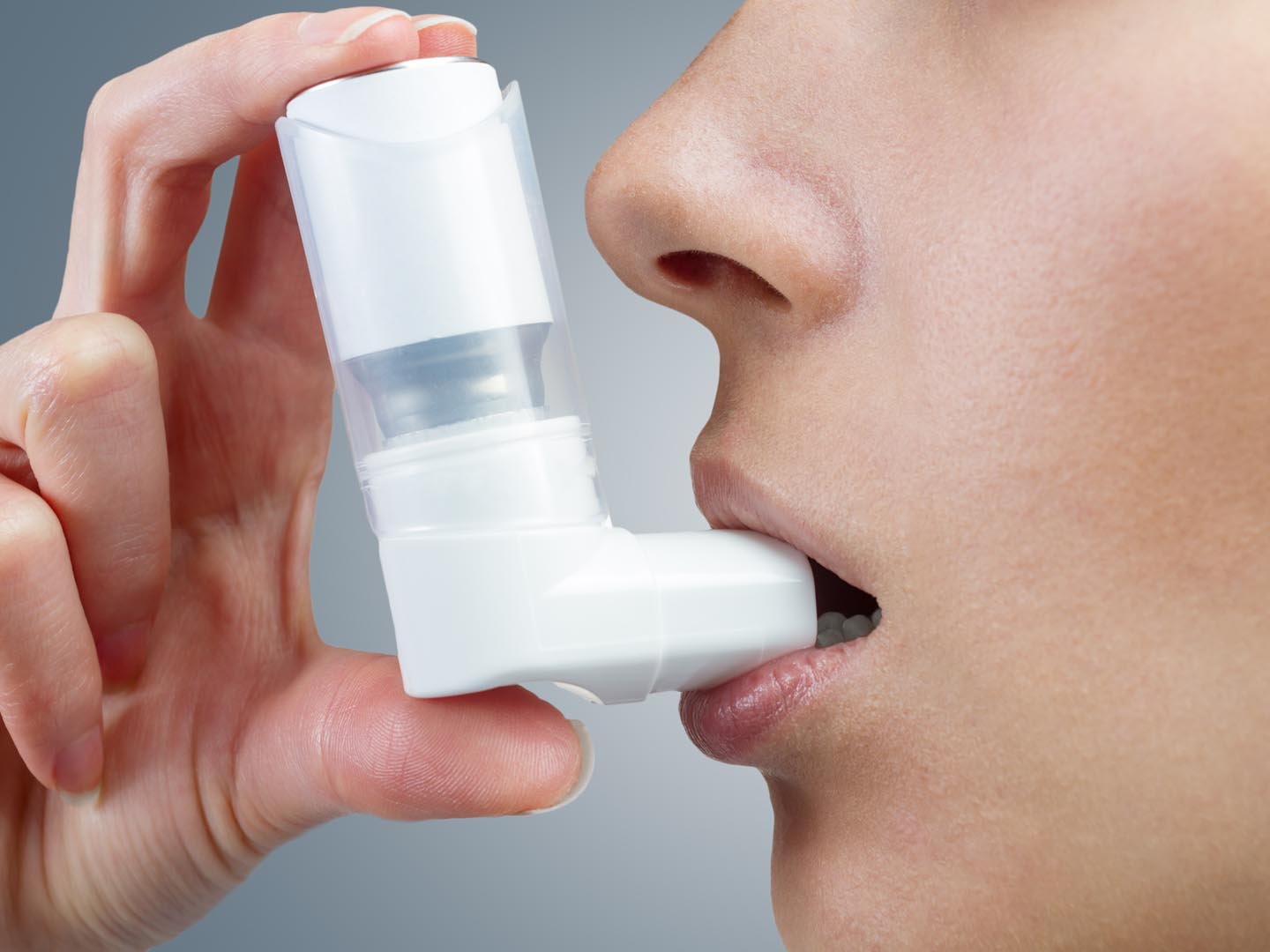Laryngitis

What is laryngitis?
Laryngitis is an inflammation or irritation of the voice box (larynx) and vocal cords, two folds of mucous membrane covering the muscle and cartilage located inside the larynx.
What are some laryngitis symptoms?
When the vocal cords become inflamed or irritated, they swell, which causes a distortion of the sounds produced by air passing over them. As a result, your voice becomes hoarse and sometimes so faint that you don’t seem to make any sound at all. Your throat may feel raw, sore or dry and you may notice a tickling sensation. You may also have a dry cough with laryngitis. Laryngitis rarely lasts long, although some cases can become chronic. Children with laryngitis may have trouble breathing.
What are the causes of laryngitis?
The same viral infections that cause colds or sore throats can sometimes lead to laryngitis. So can overuse of your voice – this happens most often among singers and others who have to use their voices constantly – teachers, lecturers, or politicians, for example. In addition to illness or overuse, both drinking alcohol and smoking can also irritate the vocal cords and larynx – if so, laryngitis may be your body’s way of telling you to cut back on drinking and to stop smoking.
Another common cause of laryngitis is gastroesophageal reflux disease (GERD), in which stomach acid backs up into the esophagus. Occasionally, acid can get into the back of the throat and irritate or even damage the surface tissue of the vocal cords. In addition to these causes, viral infections such as measles or mumps cause laryngitis. And in extremely rare cases, laryngitis may be due to diphtheria, a bacterial infection.
Hoarseness or loss of voice also can indicate an underactive thyroid. Blood tests can diagnose this condition. In a very small percentage of patients, persistent hoarseness can be a sign of laryngeal cancer.
What is the conventional treatment of laryngitis?
Most cases can be treated at home – by resting your voice, drinking lots of liquids (avoid caffeine and alcohol, which are irritating), sucking on lozenges and breathing humidified air. Avoid decongestants, which can dry out the throat, and don’t whisper – it puts more strain on the voice than normal speech. Don’t smoke and avoid areas where others are smoking. Taking ibuprofen can help address inflammation and pain.
Because the cause of laryngitis is typically a viral infection, and not bacterial, antibiotics usually won’t help. If there’s an urgent need for immediate treatment (if, for example, you need to sing in a performance or give a speech) corticosteroids may be prescribed to help reduce the inflammation of the vocal cords. If laryngitis is due to GERD, acid reflux medications may be recommended.
If laryngitis lasts for more than two weeks, see your doctor. You should also call a doctor right away for a child who has airway obstruction caused by croup. Look for these symptoms:
- Noisy, high-pitched breathing sounds when inhaling
- Drooling more than usual
- Trouble swallowing
- Trouble breathing
- A fever higher than 103 F (39 C)
What therapies does Dr. Weil recommend for laryngitis?
In addition to the self-care measures described above, try not to clear your throat – it can increase the swelling of the vocal cords. If your laryngitis is due to GERD, avoid foods that trigger your reflux (spicy or fatty foods, acidic juices, caffeinated beverages). Practice relaxation techniques daily (stress can increase reflux); stop smoking. To help soothe the esophageal lining, try DGL (deglycyrrhizinated licorice) sold at health food stores. Chew two tablets slowly or mix a half-teaspoon of powder with water and drink it before or between meals and at bedtime. Taper your dose down slowly after your symptoms are under control.









